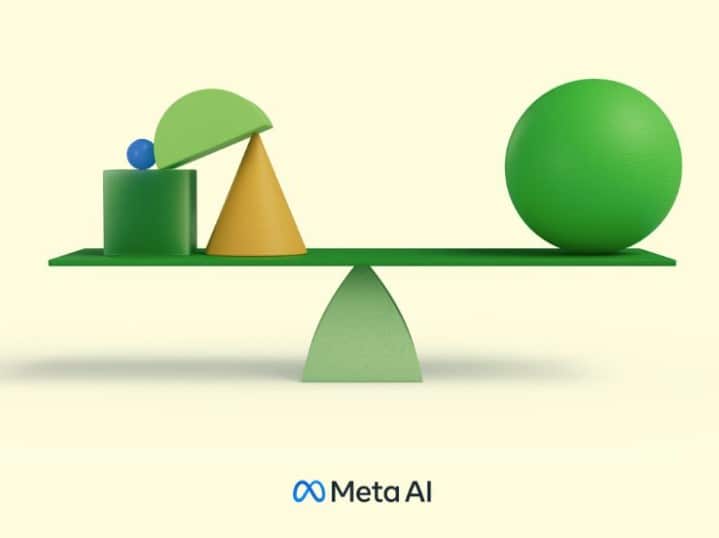It is no secret that artificial intelligence (AI) is taking the world by storm, and Meta, the former Facebook subsidiary, is determined to make its mark in this rapidly evolving field. With the impending release of its commercial artificial intelligence model, Meta aims to join the ranks of industry leaders such as ChatGPT and Bard. In this article, we will explore Meta’s plans to compete in the AI market, its unique approach, and the potential impact it may have on the landscape of AI technology.
Table of Contents
Introduction: The Rise of Artificial Intelligence
The advent of OpenAI’s ChatGPT in December 2017 marked a significant milestone in the AI revolution. Since then, AI has captured the attention of internet users worldwide. Major tech companies like Google, Microsoft, and Opera have all embraced AI, ensuring its continued prominence in the foreseeable future. Now, Meta is poised to introduce its commercial Meta AI technology, aiming to revolutionize the AI landscape again.

Meta’s Launch of a Large Language Model
According to the Financial Times, Meta plans to market its Generative Meta AI Model, previously available only to researchers and academics. The company is preparing to launch its version of a Large Language Model (LLM) for the general public to experience and explore. Meta’s LLM, named LLaMa, is a significant step towards joining the league of AI giants such as Google, Microsoft, and OpenAI. However, Meta needs to catch up with its established competitors.
The Advantage of Meta’s “Open Source” Approach
Meta has taken a unique approach by announcing its intention to “open source” its next AI Model. It means that the specifications of LLaMa will be publicly available for anyone to view and modify. In contrast, competitors like OpenAI employ a “closed-source” strategy, where their code is not accessible to external parties. Meta’s decision to embrace openness is seen as a selling advantage that encourages collaboration and technological advances among businesses of all sizes.
A top Meta executive, Nick Clegg, emphasized the importance of openness in an open letter to the Financial Times, stating that it is the best way to address AI concerns. By adopting an open approach, Meta aims to catch up with its competitors and foster cooperation to drive innovation and create valuable products.
The Business Perspective: Open Source with a Price
While Meta AI’s “open source” strategy may imply accessibility, it does not necessarily mean the model will be free. An anonymous insider revealed that Meta intends to charge businesses for the privilege of customizing the AI model to suit their specific requirements through confidential information. Joelle Pineau, Meta’s VP of AI research, clarified in an interview that releasing something open source does not entail giving up intellectual property rights. It means that Meta’s commercial Meta AI model will provide AI capabilities to products like Instagram, WhatsApp, Threads, and Facebook, but it may come at a cost.
The Future of Meta’s AI Model
Meta’s ambitious plan to compete with ChatGPT and Bard raises several questions. Will LLaMa be able to rival the leading AI models in the market? Can Meta’s approach of openness and collaboration drive innovation and shape the future of AI technology? The answers to these questions remain uncertain, and only time will tell how Meta’s commercial AI model will impact users and the AI industry as a whole.
Conclusion
Meta’s entry into the AI market with its commercial artificial intelligence model signifies its commitment to innovation and competition. By introducing LLaMa and adopting an open-source approach, Meta aims to differentiate itself from its rivals. However, it remains to be seen whether Meta’s strategy will enable it to compete effectively with established players like ChatGPT and Bard. As the AI landscape continues to evolve, staying informed and engaging in conversations surrounding artificial intelligence’s future and its impact on society is essential.













